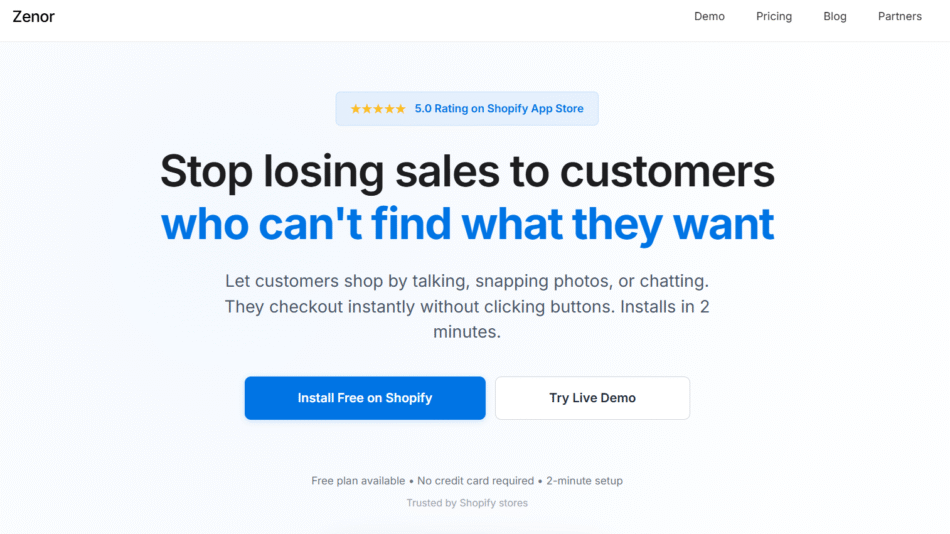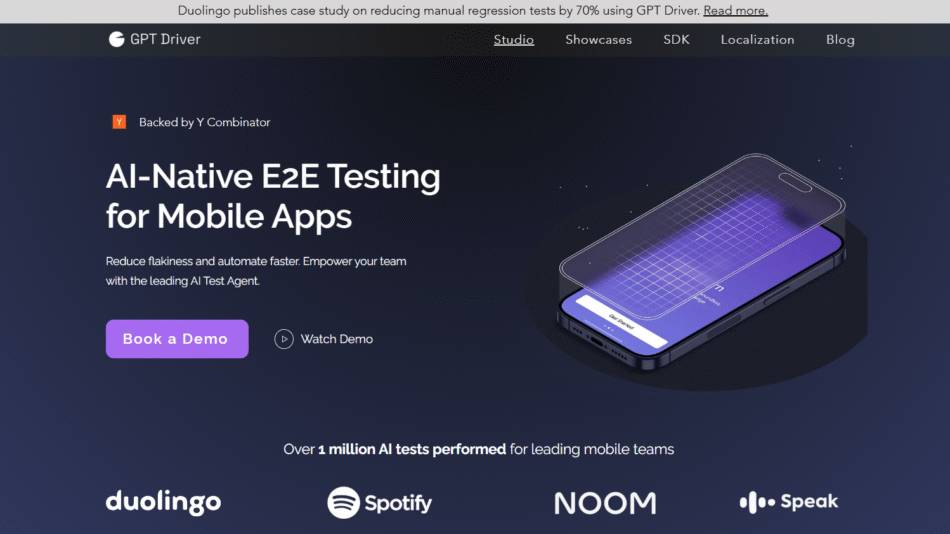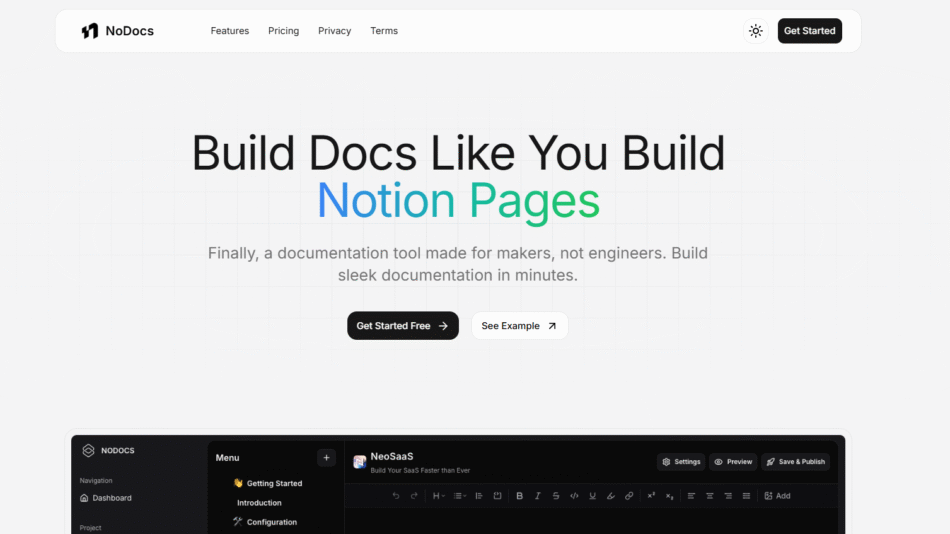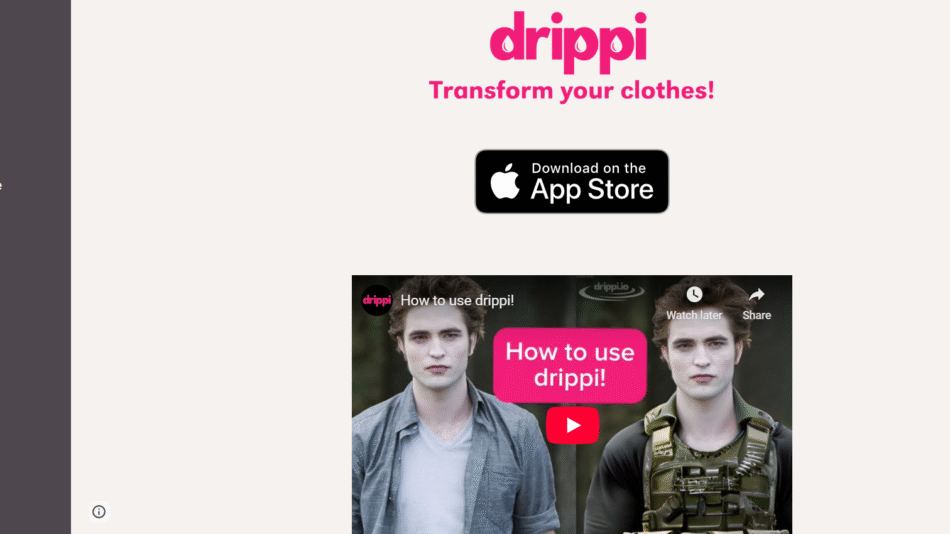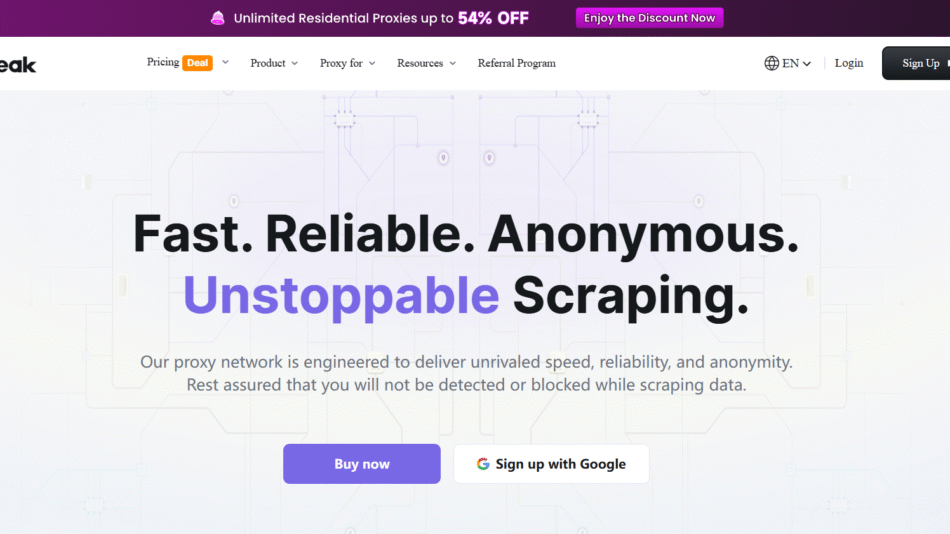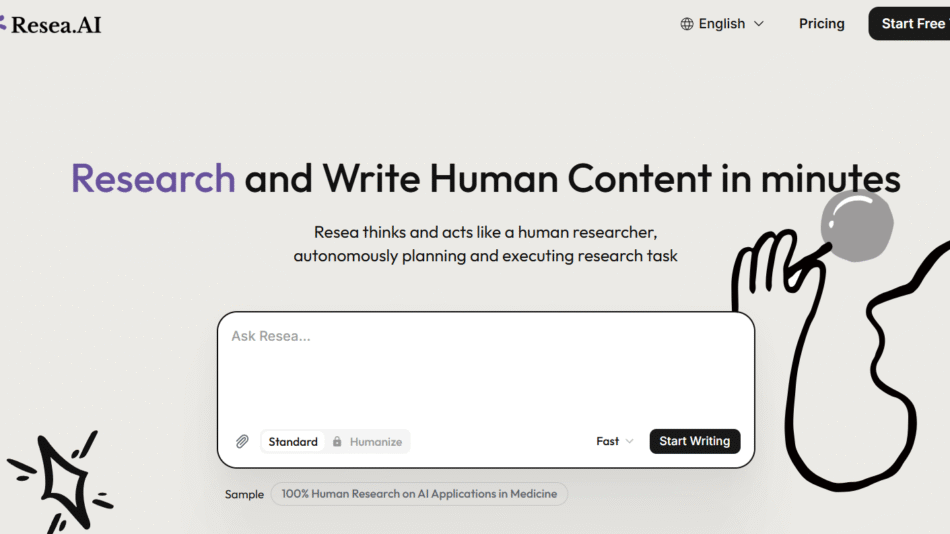CAMEL-AI (Communicative Agents for “Mind” Exploration of Large Language Model Society) is an open-source initiative focused on investigating the scaling laws of AI agents. By implementing and supporting various types of agents, tasks, prompts, models, and simulated environments, CAMEL-AI aims to provide valuable insights into the behaviors, capabilities, and potential risks associated with large-scale multi-agent systems.
Features
- Multi-Agent Systems
- Supports the creation and management of complex, scalable multi-agent systems for collaborative problem-solving.
- Data Generation
- Facilitates synthetic data generation through agent interactions, enhancing training datasets for AI models.
- Task Automation
- Automates complex tasks by leveraging cooperative AI agents, improving efficiency and productivity.
- World Simulation
- Enables the simulation of diverse environments for agents to interact within, supporting research in emergent behaviors and system dynamics.
- Role-Playing Framework
- Implements a novel role-playing framework to guide chat agents toward task completion while maintaining consistency with human intentions.
- Cross-Environment Agent Benchmarking (CRAB)
- Provides a framework for evaluating multimodal language model agents across various environments, ensuring robustness and adaptability.
- Open Agent Social Interaction Simulations (OASIS)
- Simulates large-scale social interactions among agents, facilitating the study of complex social phenomena such as information spread and group polarization.
- Community-Driven Research
- Engages a global community of researchers and developers to collaboratively explore and advance multi-agent systems.
- Extensive Documentation and Tutorials
- Offers comprehensive resources, including cookbooks and advanced feature guides, to assist users in effectively utilizing the CAMEL framework.
- Integration with AI Tools and Platforms
- Supports integration with various AI tools and platforms, enhancing the versatility and applicability of the framework.
How It Works
- Define Agent Roles
- Users specify distinct roles for each agent, outlining their objectives and behaviors.
- Initialize Multi-Agent Environment
- Set up a simulated environment where agents can interact, collaborate, and compete to achieve their goals.
- Execute Agent Interactions
- Agents autonomously engage in interactions based on their defined roles, generating data and evolving strategies.
- Monitor and Analyze Outcomes
- Collect and analyze data from agent interactions to gain insights into emergent behaviors and system performance.
- Iterate and Optimize
- Refine agent roles, environments, and interaction protocols based on analysis to enhance system effectiveness.
Use Cases
- Synthetic Data Generation
- Generate diverse datasets through agent interactions to train and validate AI models.
- Complex Task Automation
- Deploy cooperative agents to automate intricate tasks in domains like finance, healthcare, and logistics.
- Social Behavior Simulation
- Study social dynamics, information dissemination, and collective decision-making by simulating agent societies.
- AI Research and Development
- Utilize the framework to explore new AI methodologies, test hypotheses, and develop innovative solutions.
- Educational Tools
- Employ CAMEL-AI as a teaching aid to demonstrate concepts in AI, multi-agent systems, and complex system analysis.
- Benchmarking AI Models
- Assess the performance and adaptability of AI models across different environments using the CRAB framework.
Pricing
CAMEL-AI is an open-source platform available for free. Users may incur costs related to computational resources, cloud hosting, or integrating third-party tools and services.
Strengths
- Scalability– Supports large-scale simulations with potentially millions of agents, facilitating the study of emergent behaviors.
- Flexibility– Offers a modular architecture allowing customization and extension to suit various research and application needs.
- Community Support– Backed by a vibrant community of researchers and developers, fostering collaboration and continuous improvement.
- Comprehensive Resources– Provides extensive documentation, tutorials, and research publications to support users at all levels.
- Interoperability– Integrates with a wide range of AI tools and platforms, enhancing its utility across different domains.
Drawbacks
- Complexity– The framework’s sophistication may present a steep learning curve for beginners.
- Resource Intensive– Large-scale simulations can require substantial computational resources.
- Experimental Nature– As an evolving research platform, some features may be unstable or subject to change.
- Limited User Interface– Primarily designed for developers and researchers, lacking a user-friendly graphical interface.
- Dependence on External Tools– Effective use may require integration with third-party tools, adding to setup complexity.
Customer Reviews and Testimonials
Positive Feedback
- “CAMEL-AI’s multi-agent framework has revolutionized our approach to AI research, enabling unprecedented scalability and flexibility.” – AI Researcher
- “The community-driven development and open-source nature make it a valuable tool for AI exploration.” – Machine Learning Engineer
- “Its benchmarking capabilities provide valuable insights into AI agent behaviors across different environments.” – Data Scientist
Constructive Criticism
- “The initial setup and configuration require substantial technical knowledge.” – AI Developer
- “Real-time simulations demand high-performance computing resources.” – Computational Scientist
- “More user-friendly documentation would help non-experts adopt the framework.” – Research Student
Conclusion
CAMEL-AI is an innovative open-source framework designed to explore and advance multi-agent AI research. By supporting scalable simulations, task automation, and social behavior analysis, it provides a robust platform for studying emergent AI interactions and developing new AI methodologies.
For researchers, developers, and organizations looking to understand and optimize AI agent interactions, CAMEL-AI offers a powerful and flexible solution.





